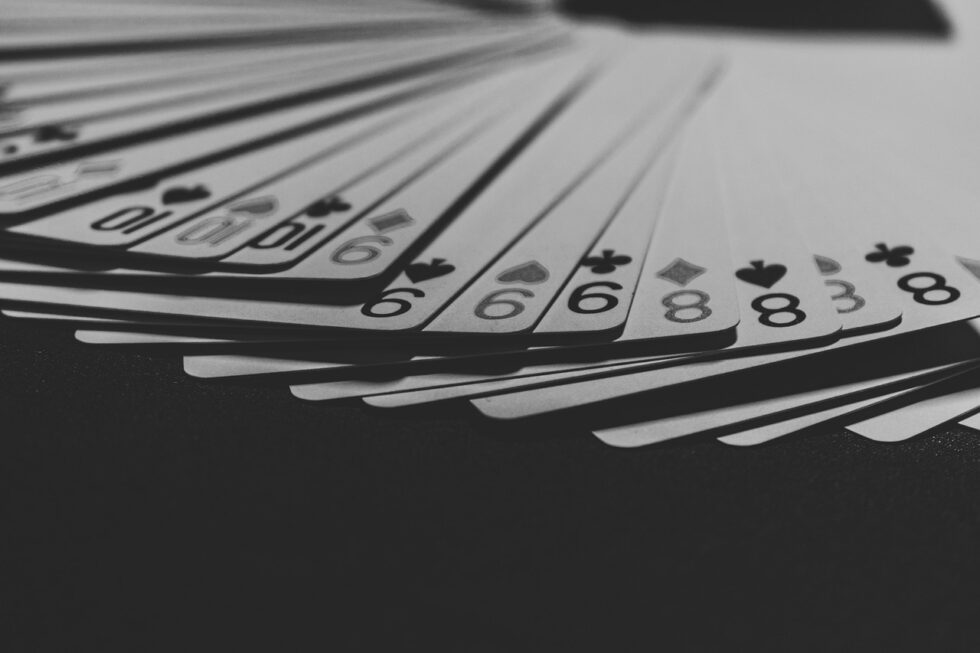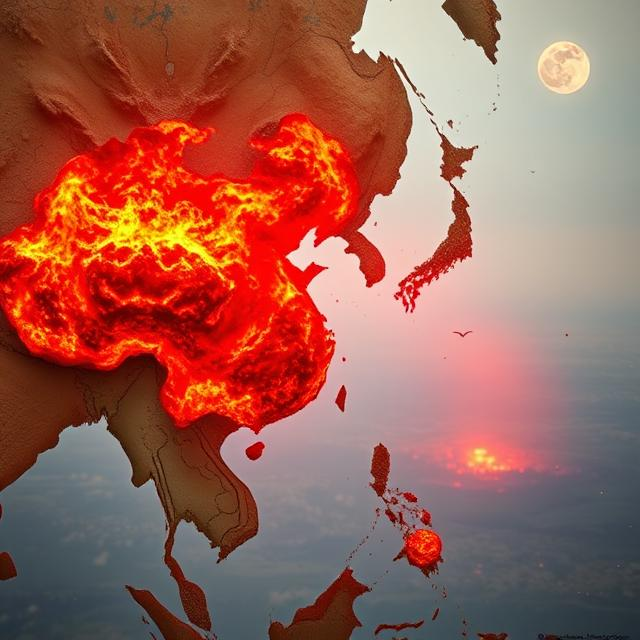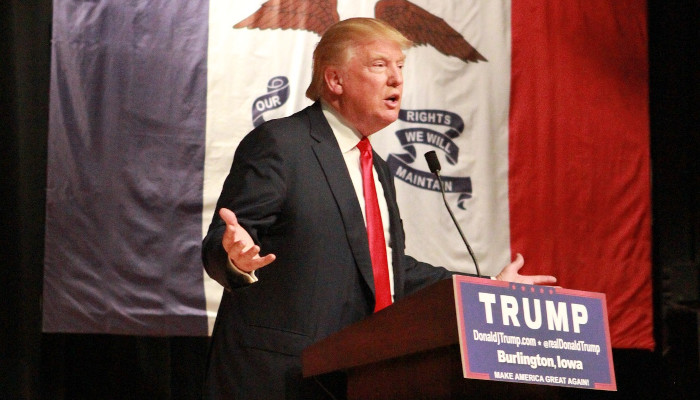
Trump may wish to get a peace deal and win the mid-term elections, but blaming Zelensky is a step too far. It may unravel everything and trap the president in an impossible position
US President Donald Trump changed his version of the war, blaming Ukrainian president Volodymyr Zelensky and absolving Russian president Vladimir Putin to get a peace deal, protect Russia from collapse, and distance Moscow from Beijing.
The strategy aims to align those objectives with short-term goals — winning the mid-term elections in a year and a half. Both Russia and China are aware of it and may not want to break their axis to avoid being isolated and individually confronted by the United States.
Once the war in Ukraine is over, America will have the time and means to address issues with Europe and focus on a long-term strategy with China. The advantages of some sort of peace with Russia are geopolitically obvious. China would have a weaker flank, and the US would have a way to re-enter Central Asia, the heart of Eurasian continental games.
The question mark is about any deal-making – the price and timing. A massive increase in European defense spending of 5% of their GDP makes the bargain feasible. No matter what is given to Moscow, a strong Europe will be able to contain and confront Russia while the US concentrates on Asia. If Europe doesn’t spike its spending, Russia could sooner or later carve up Europe like a turkey.
To gear up its defense, Europe must reform its economy. A sudden move of 2-3% of GDP can crash a nation, especially Europe, saddled with a massive welfare state. Sudden welfare disruptions could trigger mutinous social protests. A defense’s rise then must move hand in hand with liberalization, market integration, and building a continental economy of scale.
Both more defense spending and reforms will need time, but the first moves must happen soon to gain momentum and lend confidence and trump cards to Europe in the Ukrainian bargain. Tariffs against some imports will be part of the medicine.
The US, after all, is doing the same: liberalization, deregulation, and tariffs.
A European Picture
France is weak and will remain so until the presidential elections next year. Despite its government stability, Italy is weak as a state and can’t carry the European weight. Poland is emerging but still too distant from being the EU centerpiece. Spain is important, but not too much. Everything revolves around Germany. The next chancellor, Friedreich Merz, can make or break the EU and, with it, the fundamental pillars of a lasting continental peace.
Merz’s role would also be crucial vis a vis AfD, the German hard right party. It’s right not to cut off and isolate the radical rightist organization and thus gift it to Russia. But it’s even more important to check its true liberal and “democratic transformation.” People hailing Hitler a century after the earth-shattering fascist takeover of Europe must be handled with extreme caution.
Moreover, UE’s ties with the UK are crucial. If London rejoins the EU with its vibrant stock market and active military forces, it’d boost further market integration and tarry whatever future Russian invasive plan.
A similar architecture should be in place in Asia. Here, things are easier and more complex. It’s easier because Japan is a very committed ally. India, a centerpiece of this chessboard, has possibly stronger ties with Japan than with the US.
It is more difficult because there is no organization like NATO or EU binding together nations with very contrasting agendas between themselves and Russia and China. Therefore, any commitment about the US or China can be easily broken. After all, US President Obama had negotiated an Asian free trade agreement, but in 2016, Trump scrapped it.
Empire by Change?
The risks that something might go wrong are obvious. For example, Russia and China may just pretend to want a peace deal as part of an astute political and psychological war to win over domestic and foreign support but never conclude it. Russian wily negotiators may also lead the US to give up far more than is strategically opportune and use the advantage at a later stage.
European countries and Ukraine may not align with the plans and keep on fighting on their own, putting the US in a prickly spot. Russia and China may think that it’s better to deal with moody Americans by secretly exchanging information and trying to trick the US or its allies.
There is a risk of alienating friends without winning over enemies who’ll think the US can change again.
Trump’s statements do not change the reality. Putin had three goals at the beginning of the war: take control of Ukraine, weaken NATO, and expel the US from European politics. None of them has been achieved. Historically, Russia punishes leaders defeated in war.
Putin may claim that he went to war to save Russia from a Western attack and he got what he wanted. Trump’s statements may support this claim. However, at the end of the fight, it’s not clear how much traction the claim will have. There will be a million casualties to account for and millions more war stricken. Even the WWII triumph against the Nazi scarred Russia for decades. And if it does have any traction, it’s not clear whether it will lead to Russia re-engaging with the West or to renewed Russian aggressions.
It’s clear that America’s frequent changes of heart may dishearten both friends and enemies. Lack of consistency means the US is unreliable, and a wobbling center cannot be the hub of the world order. The bet may be to win the peace and then rewind the order, but it’s not clear what the basis for it would be.
Meanwhile, the controversy has lionized Zelensky, who is the David against the Goliaths around him. Usually, against all odds, David wins. And even if he loses, he loses as a hero.
The problem is that if the present plan doesn’t work and fails miserably, the world order as we know it will end, and even China, selling all its surplus to the US and its allies, could be crushed in the rubble. Perhaps it’s time for better-calculated steps and some fine-tuning. In any deal, the problems are in the small print of the contract.
Meanwhile in the past twenty years, US fracking revolutionized the oil industry boosting production and perspectives. However, the promising Renewables (made mostly in China) didn’t solve the crucial bottlenecks of storage and transport.[i] The US then is moving to the oil industry. Therefore, technical and strategic issues divide oil rich Russia and oil poor China. Will the USA manage the rift?
[i] https://www.appiainstitute.org/articles/china/musk-and-china-a-wrong-bet/










USA: una scommessa difficile per la pace - SettimanaNews